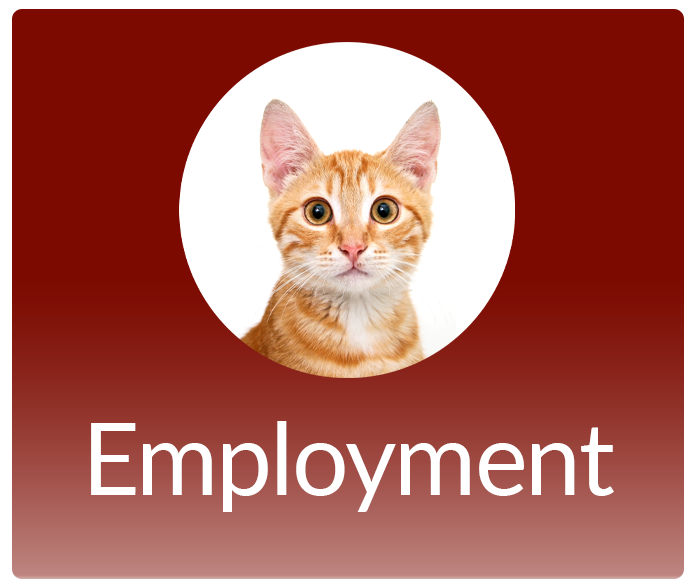|
16 Pomeroy Rd - Athens, OH 45701 Call (740) 447-9100 for an appointment!
|
Athens Veterinary Clinic
(740)447-9100
theathensvetclinic.com
Caprine (Goat) and Ovine (Sheep) Vaccination GuidelinesCore VaccinesCD&T (Clostridium perfriginens Type C and D, Tetanus toxoid)- Clostridial diseases are a big problem in sheep and goats as they naturally live in the soil as well as being part of their natural GI flora. Overgrowth of these bacteria (commonly associated with a diet change) can cause acute lethargy, fever, diarrhea and eventually lead to death. Treatment for clostridial infections is often non-successful and vaccination is the gold standard for prevention. Tetanus (Clostridium tetani) is another bacteria commonly found in the soil that can cause muscle rigidity and death. Lambs and kids are initially vaccinated at 6-8 weeks of age and receive a booster 3-4 weeks later. This vaccine is then administered yearly to healthy sheep and goats. Pregnant does and ewes should be vaccinated within the last month of pregnancy to ensure the offspring is protected from these diseases Non-Core VaccinesRabies- Rabies is a well-known fatal disease that is transmitted by wild animals (raccoons, bats, foxes, etc). Rabies is not required in food animals, but recommended for pet goats and if there is an increased risk of being around animals known to carry the virus. If an animal exhibits strange behavior in quarantine, it is euthanized to examine its brain for the virus. Rabies vaccine is administered to animals 12 weeks and older. It is boostered the following year and is good for 3 years.
Blackleg (Clostridium chauvoei)- Blackleg is another clostridial disease that exists in the soil. This particular species can cause near sudden death in affected species (cattle and sheep). Commonly found lesions include acute death (or necrosis) of muscle tissue and death usually results within 24-48 hours of showing symptoms. Infections have been shown to be associated with recent castration, tail docking and other open wounds. This vaccine is usually only recommended in areas that have had outbreaks previously or if there was recent excavation or flooding in or around pastures.
Caseous Lymphadenitis (Corynebacterium pseudotuberculosis)- CL is an extremely contagious bacteria among sheep and goats that causes abscesses of the lymph nodes (usually under the jaw, but it can spread all over the body in some cases). CL is not curable, even with the strongest antibiotics. Infected animals should be culled or quarantined for life as any contact with drainage from the lymph nodes is contagious. This vaccine is recommended for herds with previous positive cases.
Contagious Ecthyma/Orf /Sore Mouth (Parapoxvirus)- Commonly appearing as painful sores around the edges of the mouth, this usually self-limiting disease is related to Chicken Pox in humans. Antibiotics are often prescribed to prevent secondary infections. It is very contagious, but after having the disease once, the body develops resistance to re-infection. Vaccines exist for Contagious Ecthyma, but they don't totally prevent the chance of infection. This vaccine is rarely recommended. |








